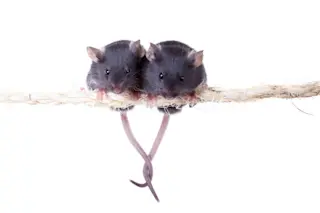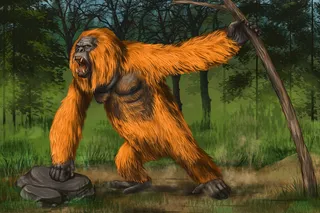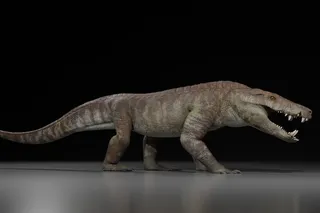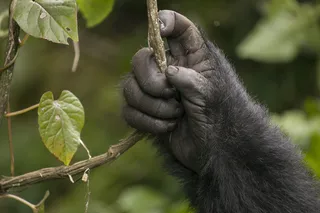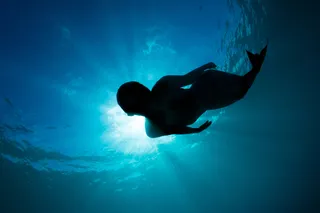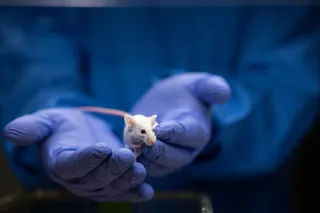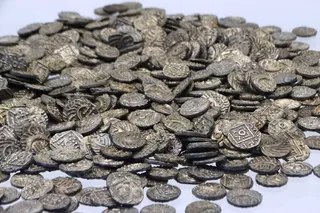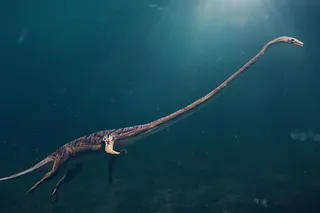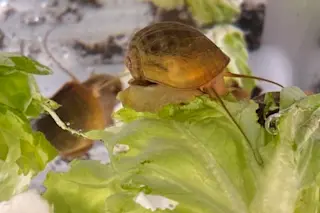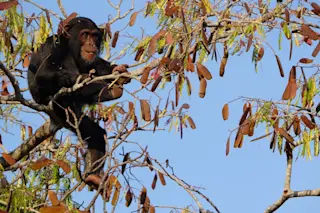Many of us have taken first-aid classes in school — a vital skill in any emergency where unconscious individuals require immediate assistance. This training includes assessing the situation, checking vital signs, calling for help, and even performing CPR (cardiopulmonary resuscitation) if necessary.
While technical aspects of first aid need to be taught and practiced, the instinct to help others in distress is deeply ingrained in human nature. And we're not alone: Various animal species have also been observed in non-laboratory situations tending to unresponsive peers by touching, grooming, nudging, or even striking them. However, such anecdotal evidence was insufficient to confirm whether animals naturally engage in this behavior in emergency situations.
After accidentally witnessing first-aid-like behavior in mice, scientists from the Keck School of Medicine at the University of Southern California conducted a study under controlled conditions, publishing their results in Science. Their findings suggest that mice may increase survival ...



